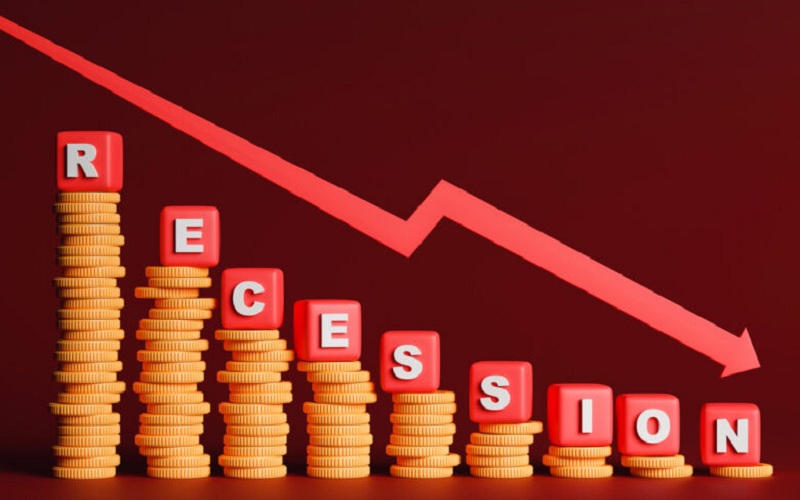Inflation, the persistent increase in the general price level of goods and services over time, is a fundamental economic phenomenon that impacts individuals, businesses, and economies worldwide. While moderate inflation is considered a normal aspect of economic growth, excessive inflation can erode purchasing power, disrupt financial markets, and undermine economic stability. Understanding the causes and impacts of inflation is essential for policymakers, investors, and consumers alike to navigate its effects and implement appropriate strategies to mitigate its consequences. Follow this guide from experts such as Kavan Choksi.
Causes of Inflation:
Demand-Pull Inflation: One of the primary causes of inflation is excess demand relative to the available supply of goods and services. When consumer demand outpaces production capacity, businesses may raise prices to balance supply and demand, leading to inflationary pressures. Factors such as strong economic growth, low unemployment rates, and expansionary monetary policies can contribute to demand-pull inflation by stimulating consumer spending and investment.
Cost-Push Inflation: Cost-push inflation occurs when production costs, such as wages, raw materials, or energy prices, increase, causing businesses to raise prices to maintain profit margins. External shocks, such as oil price spikes or supply chain disruptions, can exacerbate cost-push inflation by increasing input costs for businesses across various sectors. Additionally, factors such as labor market tightness, regulatory changes, or natural disasters can also contribute to cost-push inflationary pressures.
Monetary Factors: Monetary policies implemented by central banks play a crucial role in influencing inflationary trends. Expansionary monetary policies, such as lowering interest rates or increasing the money supply, can stimulate economic activity and aggregate demand, potentially leading to inflationary pressures. Conversely, contractionary monetary policies, aimed at curbing inflation, involve raising interest rates or reducing the money supply to dampen demand and stabilize prices.
Impacts of Inflation:
Purchasing Power Erosion: One of the most immediate impacts of inflation is the erosion of purchasing power, as rising prices reduce the real value of money over time. Inflation diminishes consumers’ ability to afford goods and services, leading to a decrease in their standard of living and discretionary spending. Fixed-income earners, such as retirees on pensions, are particularly vulnerable to inflationary effects, as their income may not keep pace with rising living costs.
Uncertainty and Volatility: Inflation can introduce uncertainty and volatility into financial markets, affecting investor confidence and asset prices. Rapid inflation or unanticipated changes in inflation rates can disrupt investment decisions, bond yields, and stock valuations, leading to increased market volatility and risk. Investors may seek out inflation-hedging assets, such as commodities, real estate, or inflation-indexed securities, to protect their portfolios against purchasing power erosion.
Redistribution of Wealth: Inflation can also lead to a redistribution of wealth within society, favoring debtors over creditors and asset owners over wage earners. Debtors benefit from inflation, as the real value of their debt decreases over time, while creditors experience a decline in the purchasing power of loan repayments. Similarly, asset owners, such as homeowners or investors in appreciating assets, may see their wealth increase in nominal terms during periods of inflation.
Economic Distortions: High and volatile inflation can distort economic decision-making, leading to misallocation of resources, inefficient production, and reduced productivity growth. Businesses may prioritize short-term profit maximization over long-term investment, resulting in underinvestment in productive capacity and innovation. Moreover, inflationary expectations can influence wage negotiations, pricing decisions, and investment behavior, further exacerbating inflationary pressures and economic distortions.
In conclusion, inflation is a complex economic phenomenon with multifaceted causes and impacts that affect individuals, businesses, and economies worldwide. While moderate inflation is considered a normal aspect of economic growth, policymakers, investors, and consumers must remain vigilant and proactive in monitoring inflationary trends and implementing appropriate strategies to mitigate its adverse effects. By understanding the underlying causes and impacts of inflation, stakeholders can make informed decisions and navigate the challenges posed by inflationary environments effectively.






More Stories
Simple Tool for Planning Your Mutual Fund Investments: SIP Calculator
Understanding Nifty 150 Momentum 50: A Comprehensive Guide for New Investors
Why Mutual Fund Investment Apps are the Smart Choice?